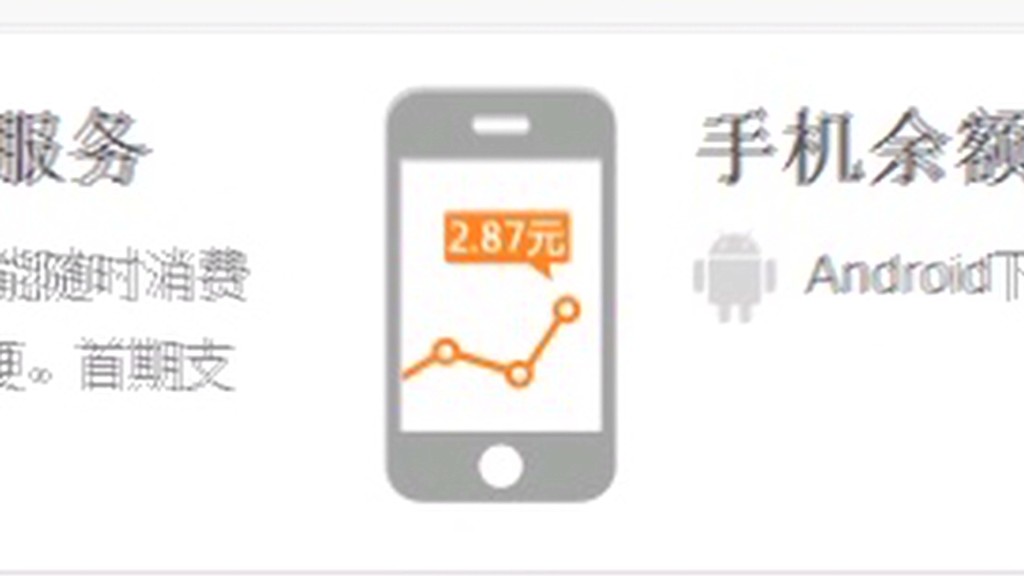
Joe Biden described China this week as a nation incapable of producing innovative products and ideas.
"I challenge you: Name me one innovative project, one innovative change, one innovative product that has come out of China," the vice president dared cadets at Wednesday's Air Force Academy graduation.
In fact, innovation is a key driver of China's economy. It has been for years, and the government is putting money behind it.
Chinese companies are increasing research and development spending by up to 20% a year. Meanwhile, R&D spending in the United States is growing at about 1% to 4%.
The investment is paying off for China. The country is now home to some of the world's most innovative companies -- particularly in fields of mobile technology, biotech and medical devices.
Here are a few examples:
Smartphone maker Xiaomi: Founded just four years ago in Beijing, this company is now valued at more than $10 billion and sells just as many phones in China as Apple (AAPL). It pumps out an updated operating system once a week. Its founder is frequently compared to Steve Jobs.
Tech company Tencent: This firm owns a web of mobile, telecom and online retail businesses that rank among the largest in the world. Tencent has a bigger market cap than Cisco (CSCO) or Hewlett-Packard (HPQ), more users than Twitter (TWTR) and more sales than Facebook (FB). Its messaging app, WeChat, has more features than many of its Western competitors and is sweeping markets from Asia to Africa.
Network maker Huawei: The networks built to carry all that smartphone data? Huawei, a telecom equipment supplier, is second globally only to Ericsson (ERIC). Huawei employs more than 70,000 R&D employees. It's a leading proponent of 5G technology, and it is starting to make cell phones, too.
Biotech firm B.G.I.: This company sequences more DNA than any other institution on earth -- more than Harvard, more than the National Institutes of Health. It's an industry leader with nearly limitless ambition.
There are plenty more. The computer chips made by Fuzhou Rockchip Electronics. The desktops and phones made by Lenovo. The business model that led Alibaba to retail domination.
Related: Meet 4 kings of Alibaba's online retail empire

"Biden is playing to an outdated idea of China," said Shaun Rein, author of the forthcoming book "The End of Copycat China." "He is underestimating the rise of innovation in China."
Other experts agree. When McKinsey analysts examined China's economic trajectory in 2011, the country's innovation credentials "seemed like yesterday's question."
The McKinsey researchers said they found innovation "every day in areas such as renewable energy, consumer electronics, instant messaging, and mobile gaming, both at domestic players and at multinationals with significant research and product-development presences."
Of course, in absolute terms, China is not going to replace the United States as the world's top innovator anytime soon. And the country must work to overcome related problems, including a lack of intellectual property protections. The government is, in some sectors, still much too controlling.
But Rein sees the current innovation drive as a sea change.
"Chinese companies are now focused on innovation because they recognize there is so much profit to be made," Rein said.
American firms should be on notice. China is dreaming up new ideas everyday. And the country has been perfecting its ability to execute complex production and manufacturing plans for decades.
"By saying this stuff, Biden is not preparing American firms, or really preparing America, for the threat of Chinese innovation," Rein said.

